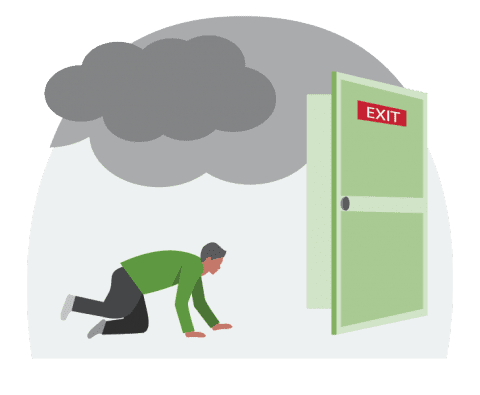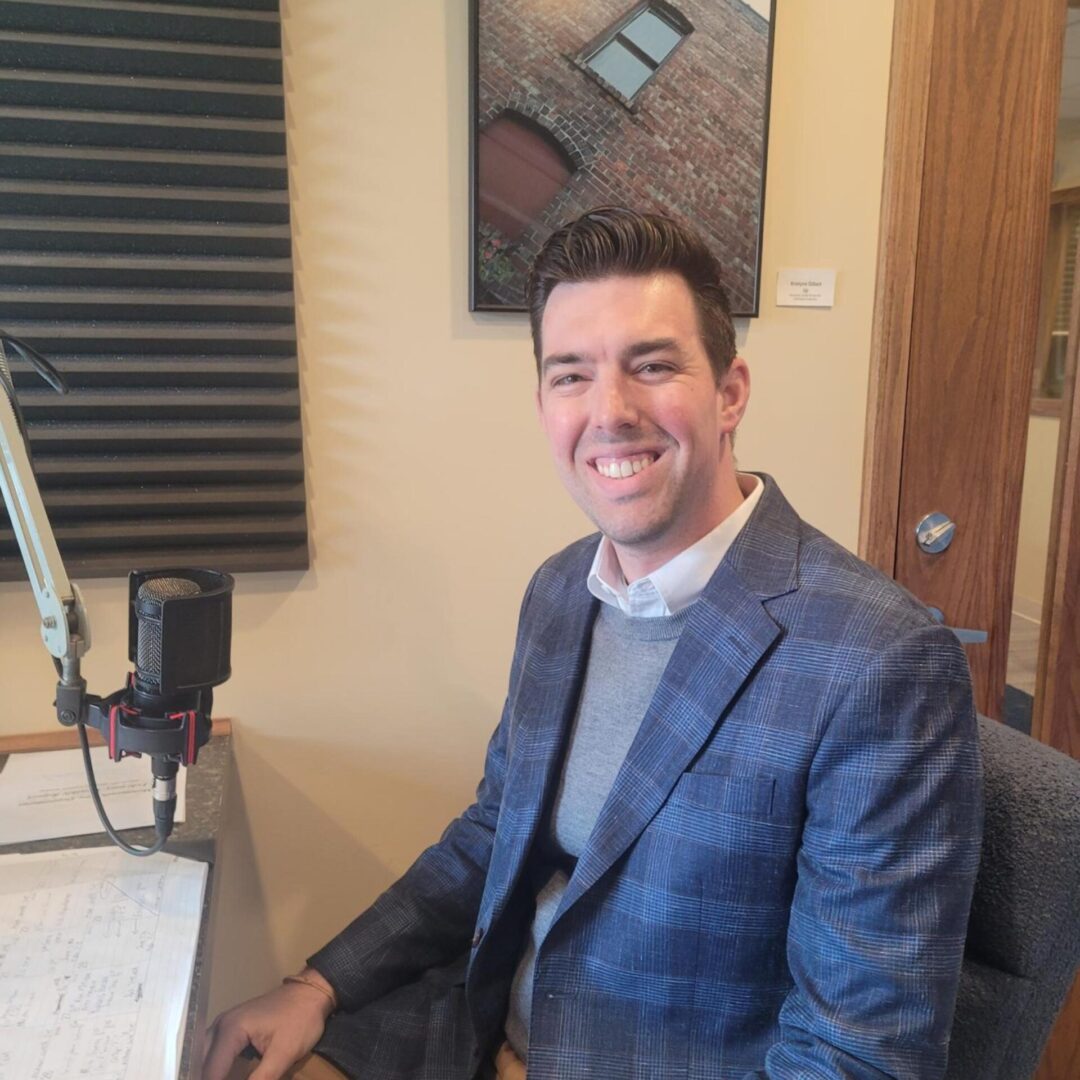As we near the end of the holiday season and begin to wrap up 2021, people across the country are starting to think about their plans for next year. This typically involves setting New Year’s resolutions.
According to Merriam-Webster, New Year’s resolutions have existed since the early 19th century – and perhaps as far back as the late 17th century. However, even back then, these resolutions were commonly broken. In fact, multiple studies suggest that only around 8% of people actually stick to their New Year resolutions each year, and the majority of these resolutions are superficial and involve diet, exercise, and weight loss.
Derick Johnson, an OSF HealthCare psychiatric APRN, suggests setting goals as opposed to resolutions – and perhaps rethinking how you view them.
“New Year’s resolutions are usually stressful to people because they have unrealistic expectations for a calendar year. More times than not, the resolution should be based on an incremental improvement in an area, as opposed to trying to foresee or forecast a complete year of improving an aspect of one’s life,” says Johnson.
Many people have the mindset of “starting fresh in January” with diet and exercise plans, thinking that weight loss should be their main focus – especially after the holiday season. However, the majority of these people give up by February. In return, this causes stress as people feel they failed and may even cause people to not only give up on their initial goal, but to avoid exercise and healthy eating altogether – only hindering their initial goal more.
Because of this, and because this tends to happen with many “resolutions,” Johnson mentions that mental health is an important aspect of your overall well-being, and mental health should be a priority not only at the start of the year, but year-round.
Mental health is commonly overlooked when setting New Year’s resolutions, but bettering yourself from a mental health standpoint can help improve your physical health as well. According to the Centers for Disease Control and Prevention (CDC), our mental health affects how we think, feel, and act, and helps determine how we handle stress, relate to others, and make healthy choices.
“Strive to improve upon mental health, physical health, emotional health, and just complete well-being. That should be the goal every year, and it shouldn’t take a calendar year to force you to understand what your deficiencies are in aspects of your life. It’s a constant work in process. Life is a constant work in process – and it just doesn’t start on January 1,” Johnson advises.
The American Psychological Association (APA) recommends starting small, changing one behavior at a time, talking about it with others, and asking for support if needed. Johnson adds that because there is no set timeline for bettering yourself, slip ups and road bumps should be expected. A journal is a great way to evaluate where you are now, and where you want to be. Then, you can set small goals for each day, week, or month.
Johnson recommends thinking about where you truly want to see yourself improve or what you would like to spend more of your time doing. The goals you set can then include things such as setting aside time for mindfulness, reading, gardening, or whatever else brings you joy. Some people may even choose to seek a therapist that is a good fit for them – as you do not need to wait for a crisis to start therapy. In fact, many people use therapy as a tool to grow as a person and better themselves. Most importantly, take the New Year one day at a time.
“It’s difficult to reach a goal if you continuously are unsuccessful. You have to reach a place where you can say ‘OK, I’ve accomplished this and now I can move to something closer to achieving the long-term goal.’ So definitely smaller, short-term goals or smaller incremental success are the best ways to successfully reach any goal,” says Johnson.
Overall, Johnson says the “goal” to always have in mind is to end the year better than you started.
Johnson adds, “When I talk to people in general about New Year’s resolutions, I believe the best resolutions anyone can have is to leave 2022 as a better person.”
***Report Courtesy of OSF HealthCare***















